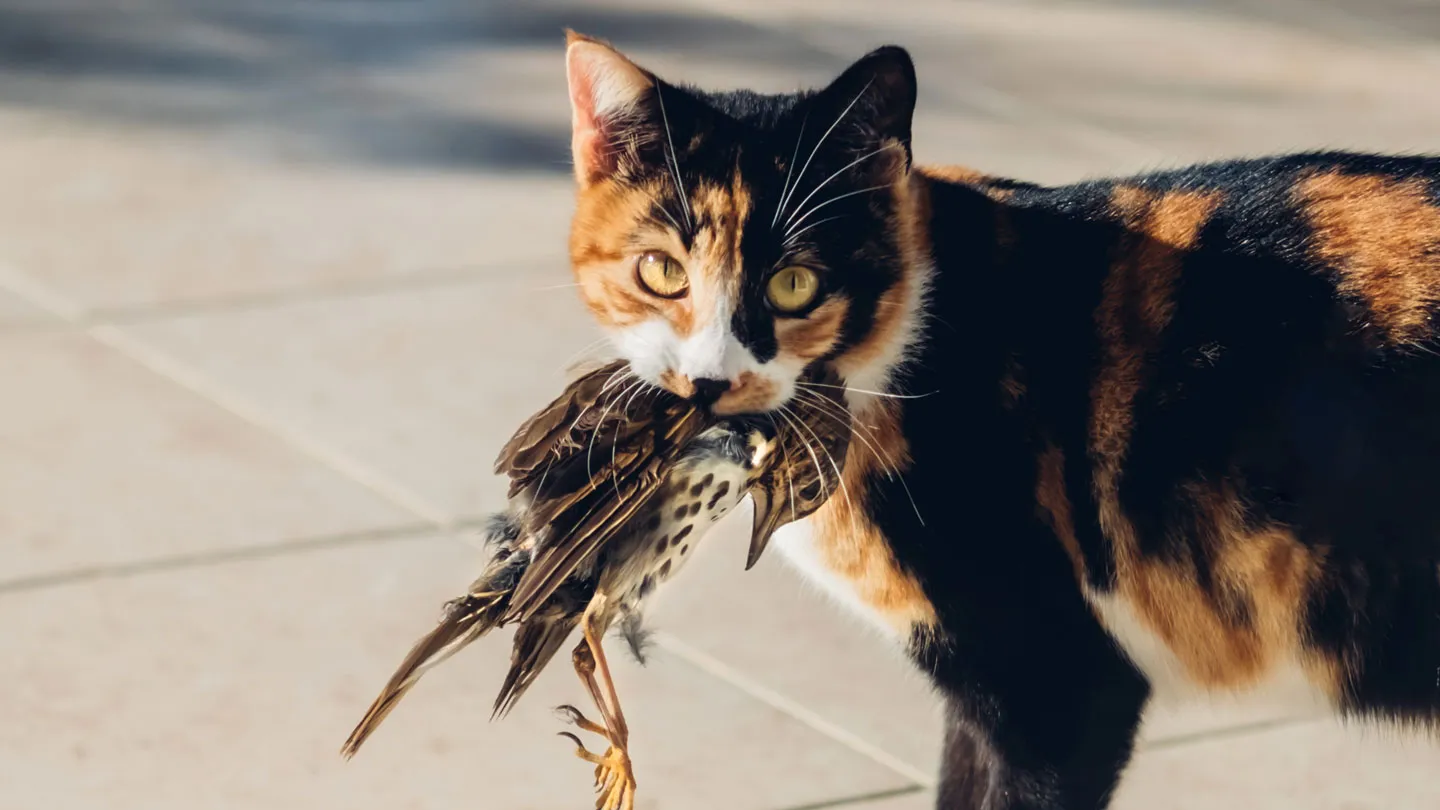A new study from the US Centres for Disease Control and Prevention (CDC) suggests that humans can transmit bird flu to their pet cats, often with fatal consequences.
The research, published on Thursday in the Morbidity and Mortality Weekly Report, details two cases from Michigan in May 2024. Both involved pet owners who worked at or near dairy farms affected by the virus, and both cases resulted in the deaths of infected cats.
As concerns grow over the virus’s ability to mutate into a form that could trigger a human pandemic, the study adds to emerging evidence that bird flu can also spread through contaminated pet food and between large felines in shelters.
In the first case, a five-year-old indoor female cat quickly developed severe symptoms, including loss of appetite, disorientation, and neurological deterioration. Despite emergency care at the Michigan State University (MSU) Veterinary Medical Center, her condition worsened, and she was euthanized within four days. Testing confirmed bird flu as the cause.
Two other cats in the household were exposed. One showed mild symptoms, but the owners, believing them to be allergies, stopped communicating with public health officials. The farmworker in the home declined testing, while an adult and two adolescents tested negative for bird flu.

A second case involved a six-month-old male Maine Coon cat, which was brought to the same veterinary center days later with symptoms including facial swelling, lethargy, and loss of movement. The cat died within 24 hours.
The Maine Coon’s owner regularly transported unpasteurized milk from multiple farms, including those confirmed to have infected cattle. The owner admitted to handling raw milk without protective gear, frequently being splashed in the face and clothing, and failing to change before entering the home.
The sick cat often rolled in these contaminated work clothes, whereas another cat in the household—who did not come into contact with them—remained healthy.
The owner also reported experiencing eye irritation before the cat’s illness but declined bird flu testing.
“Farmworkers are encouraged to consider removing clothing and footwear and rinsing off any animal byproduct residue (including milk and feces) before entering households,” the CDC researchers advised.
Since the US bird flu outbreak began in 2024, 69 human cases have been reported, though experts believe the actual number is much higher due to limited testing among farmworkers. One person has died.
Scientists warn that as the virus continues to spread among birds and mammals, it increases the risk of mutating into a strain that could efficiently transmit between humans, potentially sparking a pandemic.
Newly appointed US Health Secretary Robert F. Kennedy Jr. has drawn criticism for his stance on infectious diseases, questioning whether germs actually cause illness and opposing vaccines—widely regarded as crucial in controlling potential outbreaks. He has also promoted the consumption of raw milk, despite it being a known vector for bird flu.


 Trending
Trending 